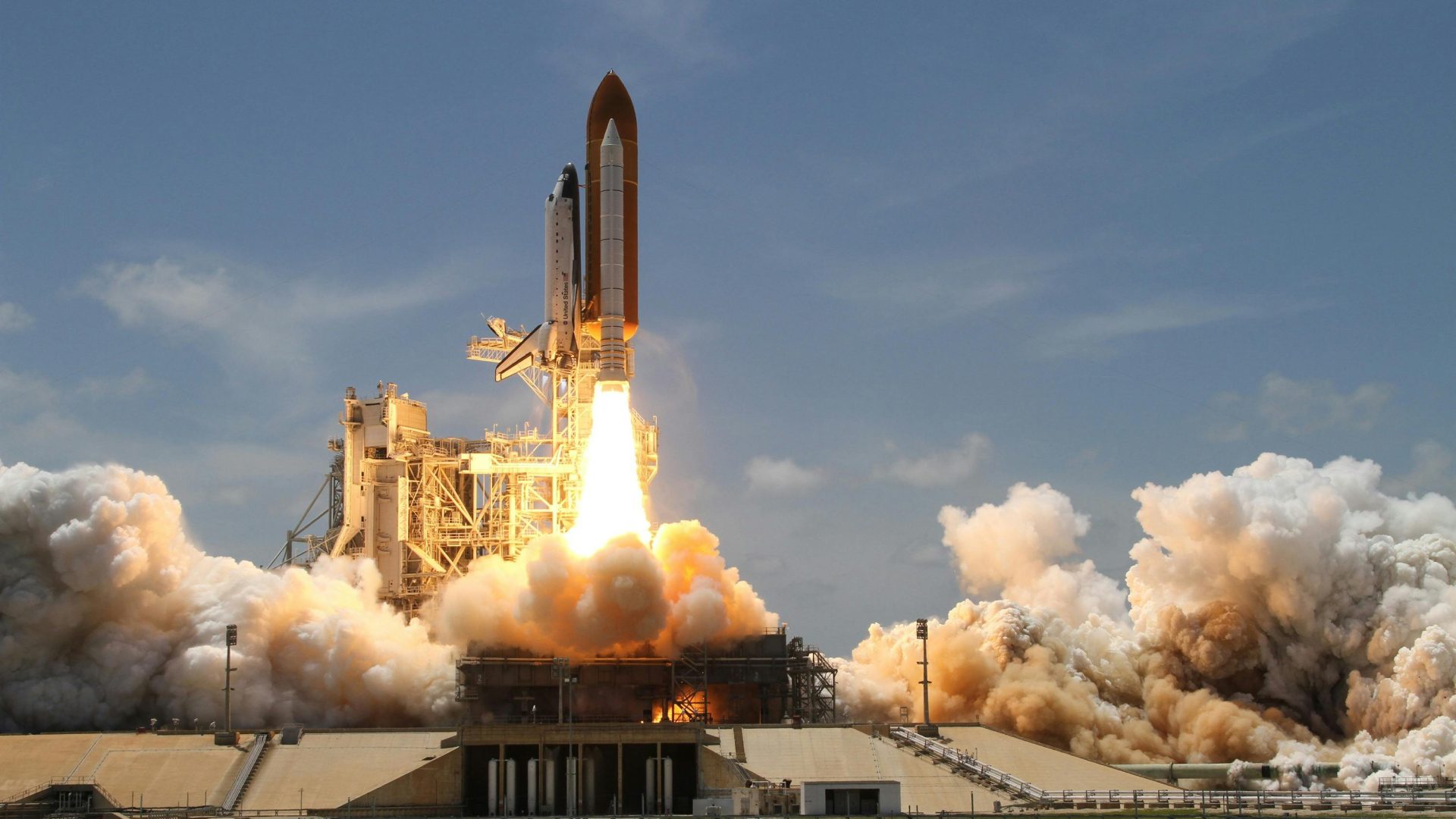Rethinking Space Exploration: Are There Undisclosed Technologies That Could Revolutionize Space Travel?
In recent reflections on the trajectory of space exploration, an intriguing possibility has emerged: the existence of alternative propulsion technologies that, if available and feasible, could dramatically transform the way humanity explores the cosmos. Despite significant advancements, mainstream space agencies like NASA primarily rely on traditional rocket propulsion, a method that, while reliable, is notoriously expensive and has physical limitations that restrict the scope and efficiency of missions.
This raises a provocative question: Could there be existing propulsion technologies—potentially already in use elsewhere—that remain unavailable to the public or government space programs? If such technologies exist and are deliberately withheld, this would imply a considerable misallocation of public resources, especially given the staggering financial investment in space endeavors.
Since NASA’s inception, the United States has invested approximately $650 billion to $1 trillion in the quest for space exploration. These expenditures encompass extensive research, development, and missions aimed at understanding our universe. However, critics argue that these investments may not have achieved their full potential, perhaps hindered by reliance on traditional rocketry or institutional barriers to adopting groundbreaking propulsion methods.
This situation prompts a broader discussion about transparency, accountability, and efficiency within government-funded scientific initiatives. If alternative propulsion systems capable of offering faster, cheaper, and more sustainable space travel are indeed being developed or utilized elsewhere, questions arise about whether the current approach constitutes waste, fraud, or abuse of taxpayer dollars. Such a scenario would warrant thorough investigation to ensure that public funds are allocated to the most promising and innovative technologies available.
In conclusion, while the notion of undisclosed advanced propulsion systems remains speculative, it underscores the importance of fostering open innovation and scientific rigor in space exploration endeavors. Transparent and accountable exploration strategies could unlock new frontiers for humanity, maximizing the return on the enormous investments made over the past decades. As discussions continue, policymakers and the scientific community should consider whether current paradigms truly serve our long-term goals of exploration and discovery, or if we are indeed overlooking transformative technologies that could propel us into a new era of space travel.

0 thoughts on “I just realized something: We have an alternative to propulsion for space travel but they won’t let us use it, WHICH MEANS….”